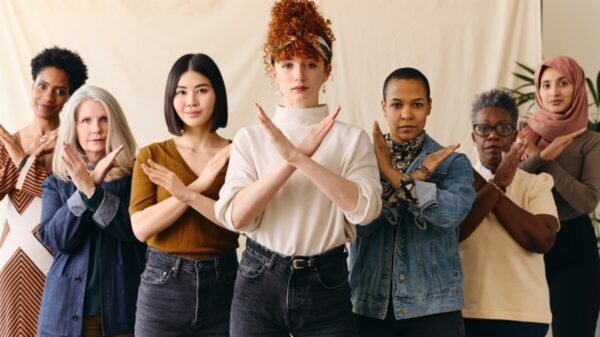Market research company Euromonitor International has identified three e-commerce trends that will shape the retail industry this year.
In an op-ed published by the global lead of retail and digital consumer insights at Euromonitor International, Michelle Evans said that these trends include personalisation, gamification and immersive shopping.
With the Mena region’s e-commerce industry to grow at a compound annual growth rate of 15 per cent in the next year, retailers are also adapting to these trends.
E-customisation
According to Ms Evans, brands are focusing more and more on personalisation.
This means that retailers globally, are “offering a broader range of tailored options across online purchases.”
E-commerce platforms like Noon and Amazon in the Middle East are adding a segment to their sites where consumers can not only see what other products they may be interested in, but also what kind of products are usually bought by other customers.
An earlier report added that retailers like Majid Al Futtaim, Alghanim, Rivoli Group and Al Tayer Group are focusing on retail value chain of merchandising, supply chain collaboration and customer experience areas.
Email personalisation is gaining momentum, with customer engagement platform MoEngage saying that brands are “moving beyond first name personalisation and digging deeper into their data pool to identify insights to drive communications.”
In fact, the report found that “52 per cent of brands are investing more in their marketing technology stack to drive personalisation.”
“Brands are looking at the data and focusing towards the insights-led personalised engagement to stay relevant during these times,” Kunal Badiani, the regional head for MEA at MoEngage had said.
In fact, 47 per cent of digital consumers expected better personalisation in exchange for their personal information, according to Euromonitor’s latest Voice of the Consumer: Digital Survey.
Technologies like AI make it easier for brands to customise products on demand or enhance the level of individual shopping experiences, said Ms Evans.
Gamification
“Gamifying commerce, or mimicking techniques from the gaming world to encourage a desired behaviour, uses the power of rewards and competition to inspire app activity,” said Ms Evans.
As such, many Middle East e-commerce sites such as Noon offer loyalty programmes where customers gain points after buying products, which can be used toward getting discounts for later purchases.
Online clothing store Sivvi launched a game where shoppers could find a ‘gold tag’ on a product, and upon adding it to their cart, they would receive a 90 per cent discount on the item.
Many sites like Desertcart are also adding a segment on their products where shoppers can see how much stock is left for a particular product — creating a sense of competition between consumers.
Adding a ‘VIP tier’ also adds to the gamification of a site. Noon for example, lets people who have a certain bank card access additional benefits like 24-hour support, free same-day delivery, buy-one-get-one offers and priority customer service.
Apart from this, Noon also lets people buy game cards for various gaming platforms like PlayStation, Nintendo and Xbox. In fact, the e-commerce platform has a separate segment on its app for these purchases. Desertcart has featured gaming products at the top of its homepage, showing that gaming itself has become an important segment for e-commerce sites.
Sensory Shopping
“E-commerce stores are being transformed with more immersive visual and auditory content. Plus, brands are beginning to push Web 3.0 forward, using tech to evoke all senses like touch, smell and taste,” said Ms Evans.
Since the metaverse along with virtual and augmented reality set to become a major part of retailers’ operations in the UAE, e-commerce sites are also slowly adapting to this.
In June last year, payments solutions provider Magnati, which is headquartered in Abu Dhabi, said that it has developed a platform called Magnati-MetaV which retailers can use to create VR experiences for their customers.
Magnati is proud to launch "Experiential Commerce" through Magnati-MetaV, regions first metaverse fully integrated with existing payments infrastructure driving migration from "electronic" commerce to "experiential commerce" pic.twitter.com/XWfFdvfs8a
— Magnati (@MagnatiPay) June 30, 2022
Magnati’s chief executive officer Ramana Kumar told Arabian Business: “We are transforming e-commerce from electronic commerce to experiential commerce, where customers can clearly visualise, feel and know what they are paying for; where merchants can break frontiers for new business growth.”
Globally, L’Oréal is experimenting with new auditory technology to help convey the scent impression via sound over the internet.
Meanwhile, in collaboration with MIT, South Korean beauty company AmorePacific developed a skin measuring device that allows users to monitor their skin’s response to external stimuli, bringing the sense of touch into the digital age.
“2023 could mark an inflection point. Consumers are growing more comfortable with Web 3.0, and brands are better positioned to leverage it for immersive experiences. Beauty and fashion players, which tap into a consumer’s personal style, are likely to see the greatest upside,” Ms Evans said.














